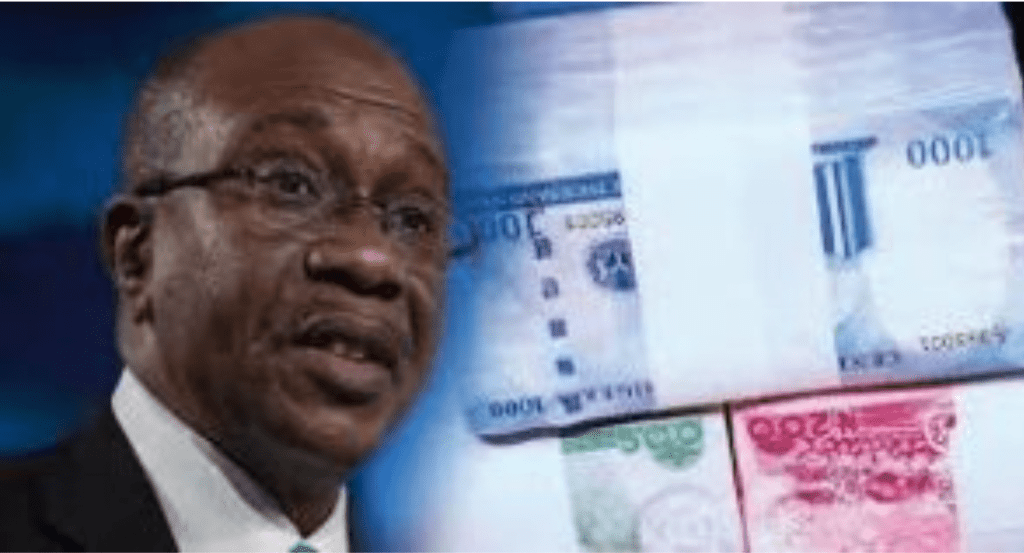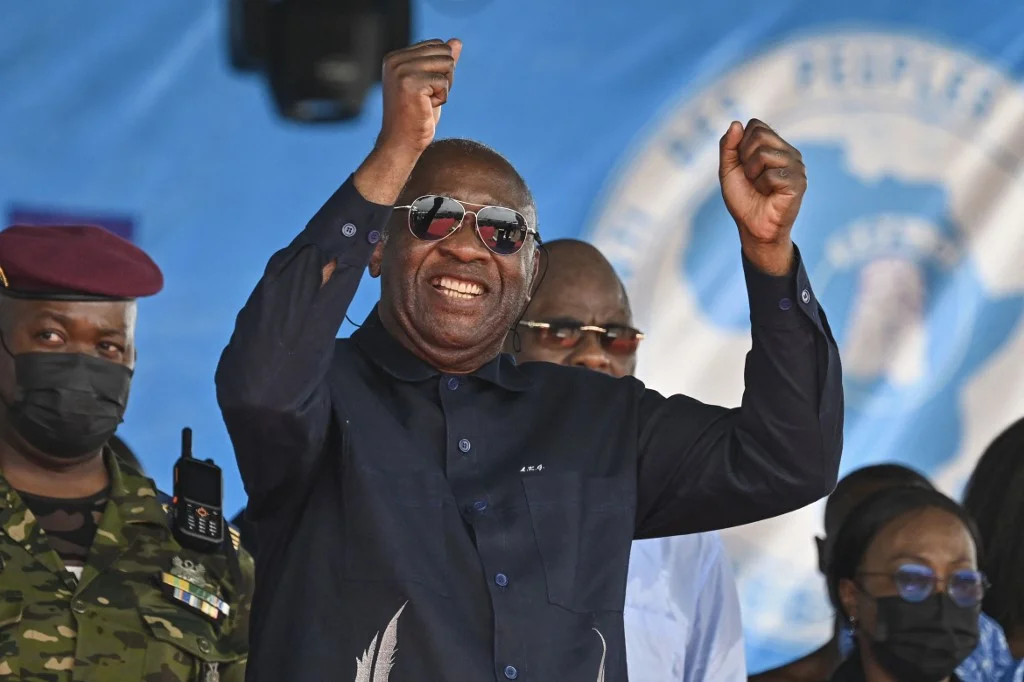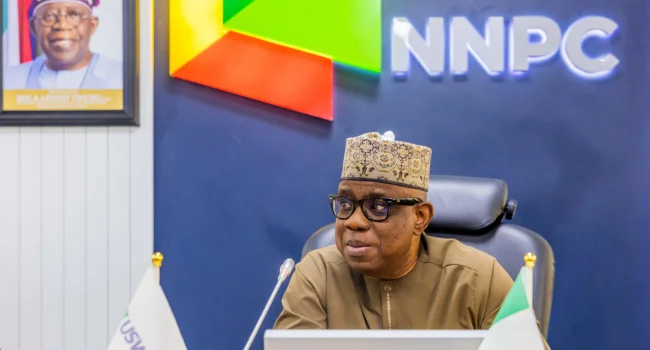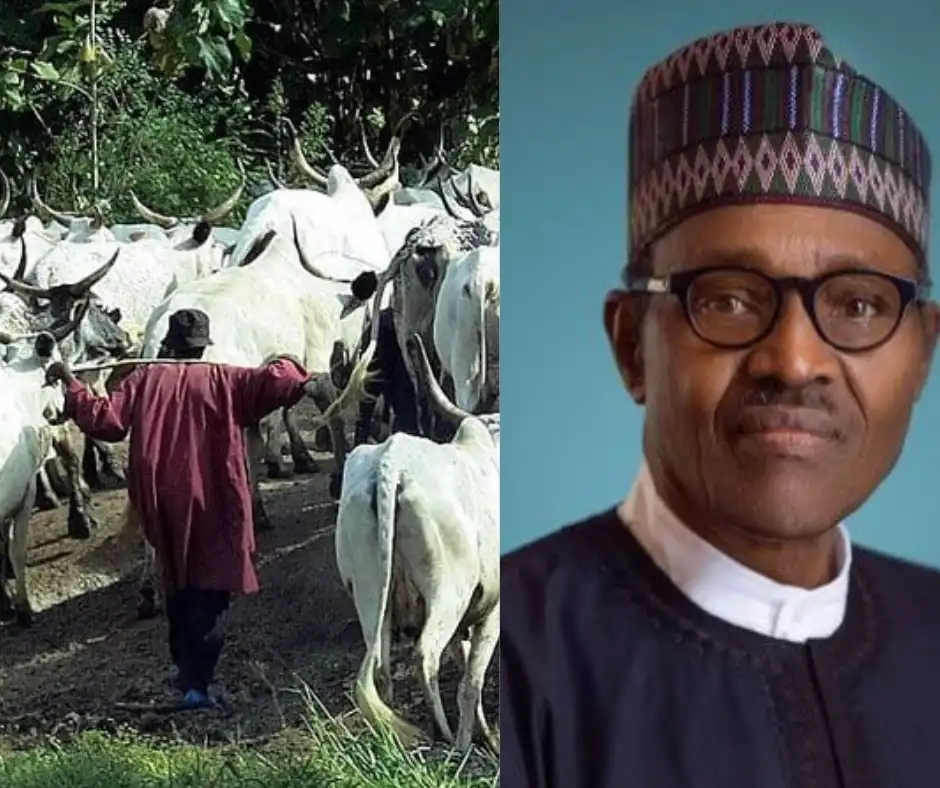On September 5, 2023, the Central Bank of Nigeria (CBN) announced that it would maintain its benchmark interest rate, known as the Monetary Policy Rate (MPR), at 18.75%. This decision was made during the Monetary Policy Committee (MPC) meeting held in Abuja, the capital city of Nigeria. The CBN aims to tackle the rising inflation that has been impacting the country significantly.
Context of the Decision
The CBN’s decision comes amid ongoing economic challenges, including soaring inflation rates that reached 24.08% in August 2023, according to the National Bureau of Statistics (NBS). This rate is one of the highest recorded in the last two decades, with food inflation specifically affecting many Nigerians due to increased costs associated with essential goods.
CBN Governor Godwin Emefiele highlighted that the committee’s decision was influenced by the necessity to manage inflation effectively while also considering the current economic environment. The MPC expressed concerns that while inflationary pressures are prevalent, maintaining a stable interest rate is crucial to supporting economic recovery.
Details of the Monetary Policy Meeting
During the MPC meeting, all members unanimously agreed to keep the interest rate unchanged. Emefiele stated that the CBN remains committed to ensuring the stability of the Nigerian economy, and the MPR will be kept under review in subsequent meetings. The committee also reiterated the importance of monitoring both domestic and global economic developments to inform future policy decisions.
The CBN has previously implemented several rate hikes throughout the year to combat inflation effectively. The decision to hold rates at 18.75% reflects a cautious approach as the central bank balances the need for economic growth with the realities of a challenging inflationary landscape.
Reactions and Economic Implications
Economic analysts had anticipated that the CBN would consider maintaining the MPR at this level due to persistent inflation. Experts from various financial institutions noted that the decision could impact investment flows into the country, as high-interest rates often deter borrowing and spending.
Furthermore, some analysts believe that while holding the interest rate steady may provide short-term stability, it remains crucial for the CBN to develop strategies that will sustainably reduce inflation rates over the long term. The stability of the naira and effective management of public debt are also central to the discussions around monetary policy in Nigeria.
As Nigeria grapples with these economic challenges, the CBN’s ongoing assessments and responses will be critical in shaping the country’s financial landscape.























